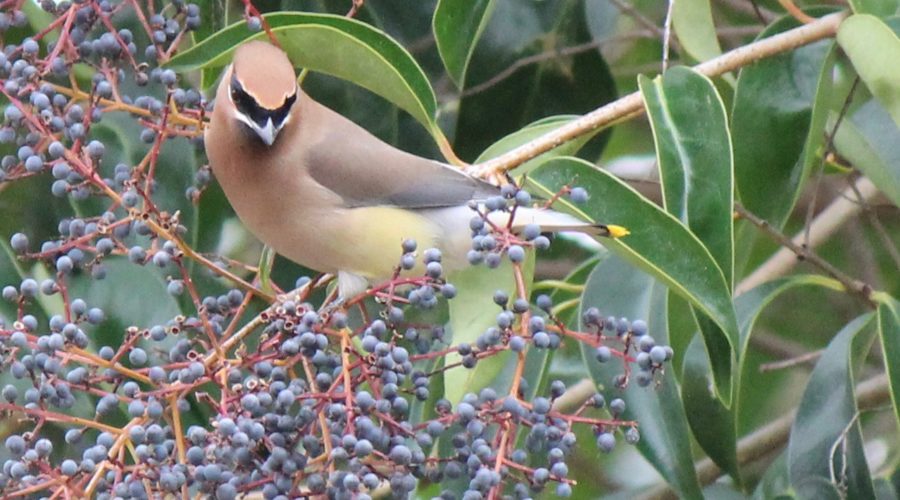Nicole Clausing, Sunset – April 14, 2020 | Updated April 21, 2020

Birding in place is a thing, and if right now you miss your feathered friends as much as your real ones, there are options.
I love a lot of things about birding. I’m not necessarily all about watching the birds for extended periods of time—beyond the occasional murmuration and a few pretty amazing courtship rituals, even I admit that birds don’t often reward (or even allow) binge watching.
For me, the thrill is usually in the spotting. Positively IDing a rare bird gives me a charge that’s probably something like the satisfaction a hunter feels tracking down a wild creature (but with a happier ending), and something like a celebrity sighting. (I once saw a roadrunner at a hot spring in California’s Central Valley, and I squealed like a teenager who’s just found herself in line for boba tea behind Justin Bieber.)
I’m also by nature a list-maker and I love the satisfaction of crossing things off as they’re accomplished, so give me a list with about 10,000 items on it that no one has ever completed, and I’m in heaven.

Almost more than anything, though, I appreciate that birding is a pursuit that can make boring places more interesting. Take I-5 between L.A. and the Bay Area, for example. That’s a pretty dull drive, and the rest stops along it aren’t much to look forward to. But birds like the service areas—they’re usually landscaped, and sometimes support the only trees for miles. Looking out for birds to add to the life list (I saw my first Eurasian collard dove near the pet relief area in Los Banos) does give you something to do besides fighting with vending machines and guessing when the temperature will drop out of the triple digits.
Watching Birds at a Social Distance
The idea of birding giving purpose to boring stretches got me wondering if it might help me through quarantine. Turns out it does—and that is more than one way to do it.
You may think of birding as something done in deep woods, or in exotic jungle locations, but it isn’t necessarily so. You can go sit in your backyard, or just look out the window for a bit, and count how many species you can see. I recently did just that. I live on an ordinary residential street in a suburb of San Francisco. In an hour sitting in my backyard, I counted 9 different species, and if I were better at IDing bird songs, I think I could have counted a few more. You may not think of your neighborhood as an exotic locale, or that your view is particularly inspiring, but birds have different standards than we do, and may surprise you. (You could install a feeder, too—that can’t hurt your birding chances.)
Virtual Birding
Another option is remote birding. If you can’t lay eyes on live birds, you can still sight them in other ways. Production company WhereNext, for example, recently let us know about a novel way of birding. They suggest watching their film The Birders, which follows a biologist and a National Geographic photographer on a trip to South American hotspot Colombia. The filmmakers promise you can spot over 100 species from your couch. Normally, I’d call that cheating, but in quarantine, I’d say it’s resourceful.
Bird Cams
Live cams are a good way to go, too. The Cornell Lab has lots, including owl cams for those of you who want the challenge of night birding. The National Audubon Society has many good ones, as well. One of my personal favorites is a cam trained on an osprey nest built atop a crane at a former shipyard in Richmond, CA. Every year a pair of osprey nest there and most years they raise a family before an audience of birders from around the world. Normally it’s possible to walk right up to the base of the crane—it’s on the grounds of the Rosie the Riveter WWII Home Front National Historical Park and you can see it on a self-guided tour. This year, though, we’re just going to have to live vicariously through these free-flying birds, watching them on our screens until we can safely start combing the West for them in the flesh.